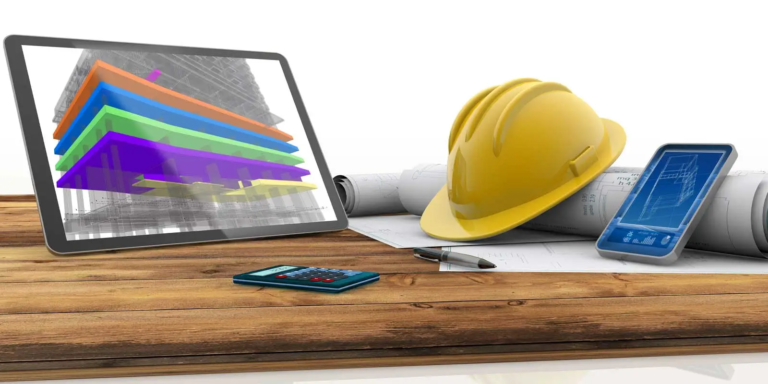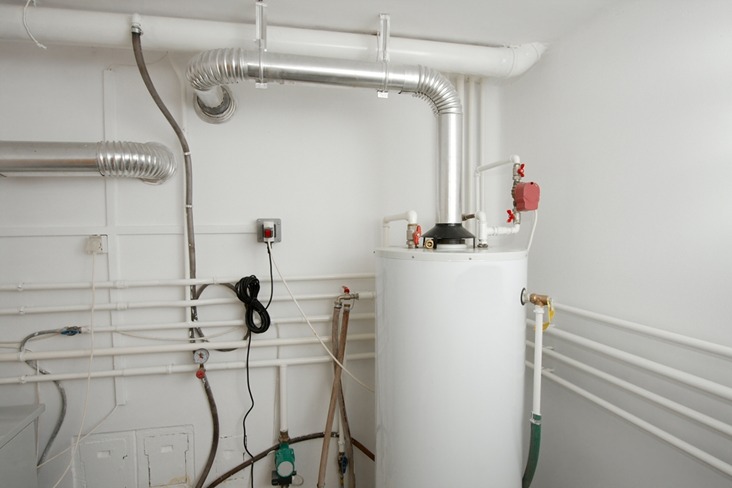Preventing and Coping with Spine Degeneration
In our fast-paced world, spine health often gets overlooked—until it’s too late. If you’ve faced the challenge of spine degeneration, or seek ways to prevent it, you’re in the right place. This comprehensive guide explores effective strategies for preventing and coping with spine degeneration, tailored specifically for those who want to maintain a healthy, active lifestyle.
Understanding Spine Degeneration
Spine degeneration, also known as degenerative disc disease, is a natural part of aging that affects the spinal discs. These discs act as cushions between the vertebrae, allowing flexibility and absorbing shocks. Over time, they can lose their elasticity and moisture, leading to pain and discomfort.
Why Spine Health Matters
Maintaining spine health is crucial for overall well-being. A healthy spine supports your body, enables movement, and protects the spinal cord. Neglecting spine health can lead to chronic pain, reduced mobility, and other health issues.
Early Signs of Spine Degeneration
Recognizing the early signs of spine degeneration can help you take proactive measures. Symptoms may include:
- Persistent back or neck pain
- Stiffness in the spine
- Numbness or tingling in the arms or legs
If you notice any of these symptoms, consult a healthcare professional promptly.
The Role of Posture in Spine Health
Good posture is essential for preventing spine degeneration. Poor posture can place undue stress on the spine, accelerating degeneration. Here are three tips for maintaining good posture:
- Sit Smart: Use an ergonomic chair that supports the natural curve of your spine.
- Stand Tall: Keep your shoulders back and your head aligned with your spine.
- Move Often: Avoid sitting or standing in one position for extended periods.
Staying Active for a Healthy Spine
Regular exercise plays a vital role in maintaining spine health. Physical activity strengthens the muscles supporting the spine and enhances flexibility. Consider incorporating these activities into your routine:
- Walking: A low-impact exercise that improves circulation and spinal flexibility.
- Yoga: Promotes flexibility, strength, and stress relief.
- Swimming: Provides a full-body workout without putting stress on the joints.
Strengthening Core Muscles
Strong core muscles provide essential support to the spine. Focus on exercises that target the abdominal and back muscles. Try these simple exercises:
- Planks: Strengthen the entire core, including the back muscles.
- Bridges: Target the lower back and glutes.
- Bird-Dog: Enhances stability and coordination.
The Importance of Flexibility
Flexibility exercises help maintain the range of motion in the spine and reduce stiffness. Include stretching exercises in your daily routine:
- Hamstring Stretch: Loosens tight hamstrings that can affect the lower back.
- Cat-Cow Stretch: Improves flexibility in the spine.
- Child’s Pose: Relieves tension in the back and promotes relaxation.
Nutrition for Spine Health
A balanced diet supports spine health by providing essential nutrients. Focus on these dietary tips:
- Calcium and Vitamin D: Strengthen bones and prevent spine degeneration.
- Omega-3 Fatty Acids: Reduce inflammation and promote joint health.
- Hydration: Keeps the spinal discs hydrated and flexible.
Managing Spine Degeneration Pain
If you’re already experiencing spine degeneration, effective pain management, especially when in Oklahoma City, is crucial. Here are some strategies:
- Physical Therapy: Tailored exercises can alleviate pain and improve mobility.
- Medications: Over-the-counter pain relievers or prescribed medications can help manage pain.
- Alternative Therapies: Consider acupuncture, chiropractic care, or massage therapy.
When to Seek Professional Help
While self-care strategies can be effective, there are times when professional intervention is necessary. Consult a healthcare provider if you experience:
- Severe or worsening pain
- Loss of bladder or bowel control
- Weakness in the arms or legs
Innovative Treatments for Spine Degeneration
Advancements in medical technology have led to innovative treatments for spine degeneration. Explore options such as:
- Minimally Invasive Surgery: Reduces recovery time and minimizes risks.
- Stem Cell Therapy: Promotes the regeneration of damaged spinal discs.
- Spinal Decompression: Relieves pressure on the spinal discs.
Building a Support System
Coping with spine degeneration can be challenging. Building a support system can make a significant difference. Connect with others who understand your experience through:
- Support Groups: Share experiences and advice with others facing similar challenges.
- Online Communities: Engage with digital forums and social media groups.
- Counseling: Professional support can help manage the emotional impact of spine degeneration.
Lifestyle Changes for Long-Term Spine Health
Adopting a spine-friendly lifestyle can prevent further degeneration and improve overall well-being. Consider these changes:
- Maintain a Healthy Weight: Reduces stress on the spine.
- Quit Smoking: Smoking accelerates spine degeneration.
- Practice Stress Management: Chronic stress can exacerbate pain and discomfort.
Conclusion
Preventing and coping with spine degeneration requires a holistic approach. By incorporating these strategies into your daily routine, you can maintain spine health, manage pain, and enjoy a higher quality of life. Remember, early intervention is key. Don’t wait until the pain becomes unbearable.
Keep an eye for more news & updates on Glamour Headline!






